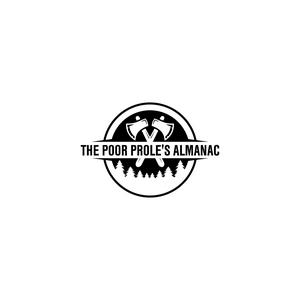Anti-ICE Unity in Chicago: Unpacking Fear, Activism, and Policy Shifts in Immigrant Communities
The fear gripping immigrant communities under Trump's intensified ICE operations is palpable, and the narrative that these efforts solely target criminal elements is being scrutinized. Join us as we uncover how these actions, particularly in Chicago, create an atmosphere of anxiety and uncertainty among immigrants. There's a glaring lack of transparency, and communities are left in a state of heightened vigilance, questioning the true motives behind these operations. We spotlight stories of resilience and activism, where unity and diversity become powerful tools in the fight for dignity and justice.
The proposal to transfer immigration detainees to Guantanamo Bay is not just controversial—it's a seismic shift in policy that could impact 30,000 lives. We examine the ramifications of the Lakin-Riley Act and its broad, sometimes harsh, implications for non-violent offenders. Our exploration of suburban responses to these policies reveals a tapestry of cultural dynamics, from Bolingbrook's blue-collar spirit to Naperville's socio-political climate. Hear about protests that capture the emotional pulse of communities under pressure, revealing both the challenges and the unyielding spirit of those who resist.
Our guest, the pioneering Latina representative for the 85th district, Dagmara Avelar, lends an insightful voice to the intersection of public health, politics, and immigration. Her journey from nonprofit work to state politics underscores the deeply personal nature of civic engagement for immigrant communities. We discuss the importance of understanding immigration's impact on local communities, emphasizing solidarity and the strength found in shared struggles. Tune in for a compelling conversation that challenges perceptions and highlights the critical importance of unity in the face of adversity.
To follow Dagmara, visit: https://www.repdagmara.org/
For sources, transcripts, and to read more about this subject, visit: www.agroecologies.org
To support this podcast, join our patreon for early, commercial-free episode access at https://www.patreon.com/poorprolesalmanac
For PPA Restoration Content, visit: www.restorationagroecology.com
For PPA Merch, visit: https://breadandrosespress.com/
For PPA Native Plants, visit: www.nativenurseries.org
To hear Tomorrow, Today, our sister podcast, visit: www.tomorrowtodaypodcast.org/
Control Body Odor ANYWHERE with
@shop.mando and get $5 off off your Starter Pack (that’s over 40% off) with promo code "ALMANAC" at
Mandopodcast.com/ALMANAC! #mandopod
Key words:
ICE Operations, Immigration, Trump, Chicago, Transparency, Vigilance, Unity, Diversity, Dignity, Justice, Guantanamo Bay, Lakin-Riley Act, Suburban Response, Bolingbrook, Naperville, Protests, Resilience, Activism, Public Health, Politics, Civic Engagement, Nonprofit, State Politics, Solidarity, Adversity, COVID-19, Immigrant Communities

